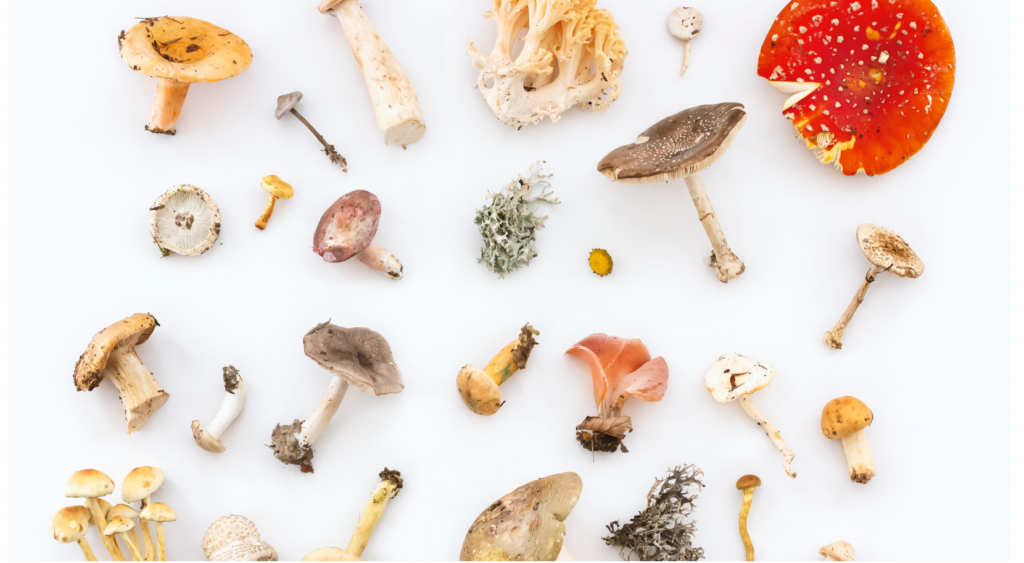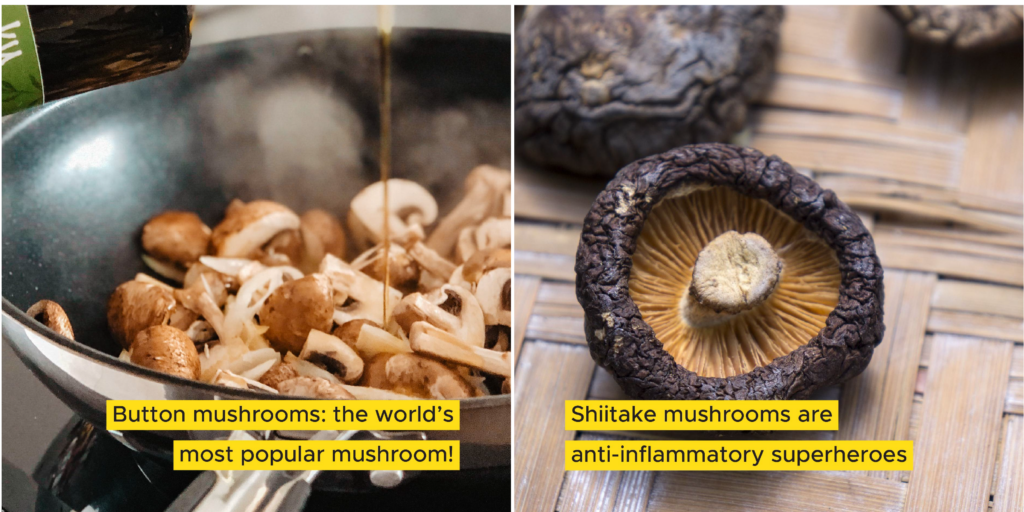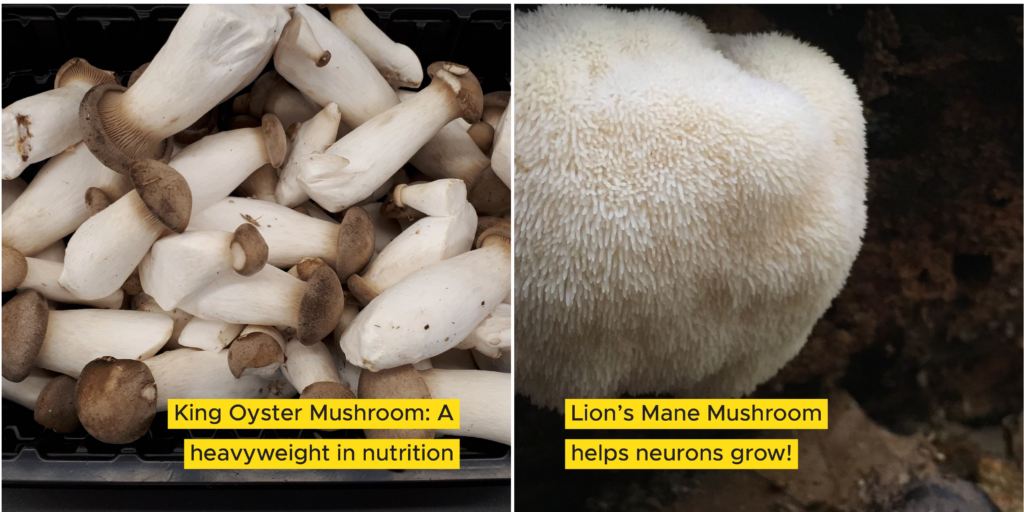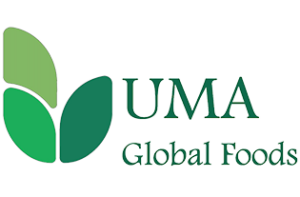MUSHROOMS: A HUMBLE CULINARY WONDER
Mushrooms: a humble culinary wonder
- Published October 11, 2023
- Category Blog, Food Bulletin Newsletter
- Tags Fiber, protein, Traditional Wisdom, vegetables, vitamin B

The humble mushroom has been prized for centuries; the Greeks believed it imbued strength in warriors, the Chinese treasured mushrooms as a source of vitality and the Romans believed it to be the “food of the gods”. There are over 2,000 species of mushrooms that we know of, but less than 30 that are accepted as food. Even fewer are cultivated commercially.
Mushrooms have a fantastic nutritional profile – low in calories & fat, rich in protein, minerals and vitamins. They are also highly valued for their culinary uses in providing different textures and imparting umami flavours to any dish.
Ancient cultures have also treasured mushrooms for their healing properties and pharmacological properties. While the evidence around mushrooms’ medical properties is still being built up, there are promising results of how the various bioactive compounds have antitumour & anti-inflammatory properties, stimulate immune receptors, protect against cognitive degeneration and promote healthy cell growth.
Today, we explore a few of these culinary wonders.

Button mushrooms: the world’s most popular mushroom!
White when immature, button mushrooms grow into the full-size portobello. 100g of mushrooms (white) contains 22 kcal, is high in protein and fiber, a good source (>20% DV) of vitamin B complexes, and rich in the antioxidant selenium which helps prevent cell and tissue damage. Known by many names (Swiss Brown / chestnut / champignon / Cremini), this mushroom is cultivated in more than 70 countries and is the most commonly eaten mushroom in the world!
Shiitake mushrooms are anti-inflammatory superheroes
We previously wrote about shiitake mushrooms as one of the few plant-based sources of vitamin B12. Studies also indicate anti-inflammatory benefits in tiny quantities – one single large shiitake mushroom lowers the inflammation messaging molecule in our bodies, while promoting anti-inflammatory compounds! Additionally, shiitake mushrooms contain high levels of eritadenine, a unique phytonutrient that reduces blood vessel constriction.

|






